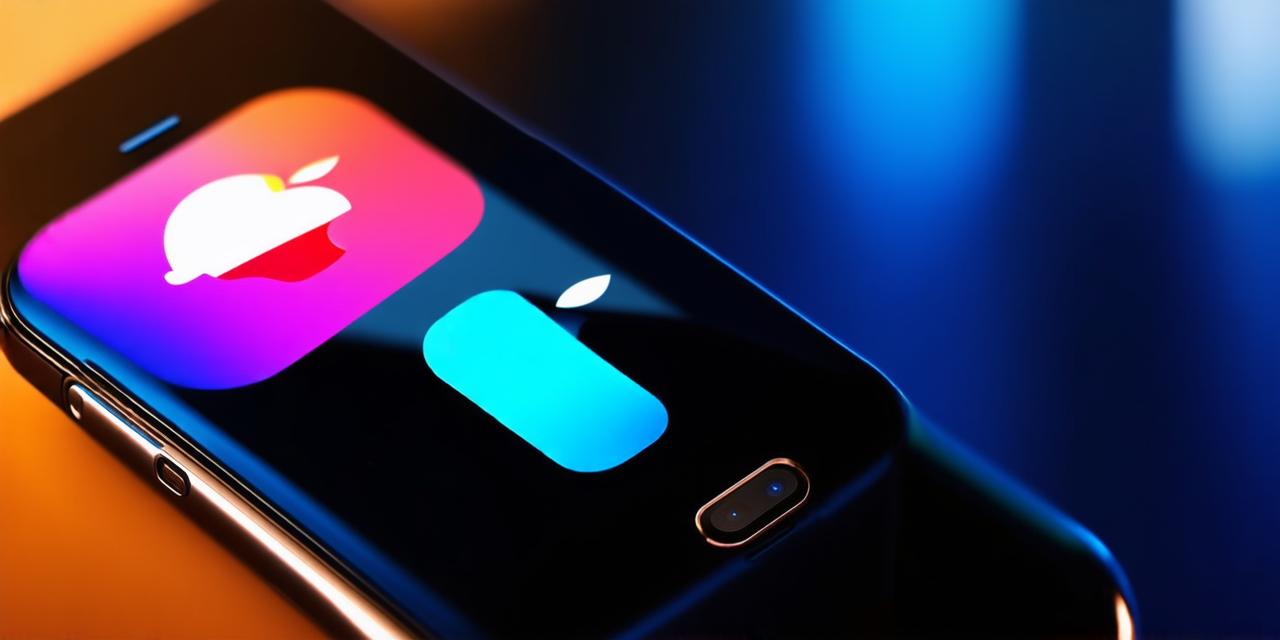As an iOS developer, keeping your device updated with the latest software is crucial to ensure optimal performance and security. However, sometimes even with all the technical expertise and knowledge in the world, you may still encounter issues when trying to upgrade to the newest version of iOS. In this article, we will explore some common reasons why iOS developers are unable to upgrade to iOS 17 and provide solutions on how to resolve these issues.
One of the most common reasons why iOS developers cannot upgrade to iOS 17 is because their device does not meet the minimum system requirements for the new version. The latest version of iOS, iOS 17, requires at least an iPhone X or later, or an iPad Pro released in 2018 or later. Therefore, if you are using an older device that does not meet these requirements, you will be unable to upgrade to the latest version of iOS.
Another reason why iOS developers may be unable to upgrade is because they have encountered compatibility issues with their existing apps. If your apps were developed for a previous version of iOS and you try to run them on iOS 17, they may not function properly or crash altogether. In such cases, you will need to update your apps or reinstall them to ensure that they are compatible with the latest version of iOS.
In some cases, iOS developers may also encounter issues with the installation process itself. For instance, if the upgrade process fails for any reason, you may not be able to move forward with the upgrade. In such cases, you will need to troubleshoot the issue by checking your internet connection, freeing up space on your device, and ensuring that you have enough battery life.
Apart from these technical reasons, there are also some less common but equally frustrating issues that may prevent iOS developers from upgrading to iOS 17. For example, if you are an iOS developer working on a project, you may not be able to upgrade to the latest version of iOS because it may interfere with your work or cause compatibility issues with the software you are using. In such cases, you may need to wait until the new version is compatible with your project before upgrading your device.
Now that we have discussed some common reasons why iOS developers may be unable to upgrade to iOS 17, let’s take a look at some solutions on how to resolve these issues.
If your device does not meet the minimum system requirements for iOS 17, you will need to either upgrade to a newer device that meets these requirements or wait until the latest version of iOS is compatible with your existing device. However, if you are determined to upgrade, there are some workarounds you can try. For instance, you can try downgrading your device to an earlier version of iOS and then upgrading again once the new version becomes available.
If you encounter compatibility issues with your apps, you will need to either update your apps or reinstall them to ensure that they are compatible with the latest version of iOS. If you are working on a project and cannot upgrade your device, you may need to wait until the new version is compatible with your software before proceeding with the upgrade.
If the installation process fails for any reason, you will need to troubleshoot the issue by checking your internet connection, freeing up space on your device, and ensuring that you have enough battery life. If the problem persists, you may need to contact Apple Support for further assistance.
In conclusion, while there are some technical reasons why iOS developers may be unable to upgrade to iOS 17, there are also solutions to resolve these issues. By understanding the common reasons behind these issues and taking steps to address them, you can ensure that your device is always up-to-date with the latest software updates. It is important for iOS developers to keep their devices updated to ensure optimal performance and security. However, they should also be aware of potential issues and take necessary measures to resolve them before proceeding with the upgrade process.
In addition to these technical solutions, there are some other ways that iOS developers can prepare themselves for upgrading to the latest version of iOS. For instance, they can ensure that they have backed up all their important data and files to an external storage device or cloud storage service before proceeding with the upgrade process.
They can also check if there are any critical updates that need to be installed on their existing apps before upgrading to the new version of iOS. Furthermore, iOS developers can stay informed about the latest developments in iOS and the potential issues that may arise during the upgrade process. By following reputable sources such as Apple’s official website or trusted tech blogs, they can learn about the latest features and bug fixes in iOS 17 and any known issues with the new version. They can also consult with their peers or join online communities to discuss their experiences with upgrading to iOS 17 and seek advice on how to resolve potential issues.
In summary, while there are some technical reasons why iOS developers may be unable to upgrade to iOS 17, there are also solutions to resolve these issues. By understanding the common reasons behind these issues, taking necessary steps to address them, preparing for the upgrade process, and staying informed about the latest developments in iOS, iOS developers can ensure a smooth transition to the latest version of iOS and take advantage of its new features and bug fixes.

